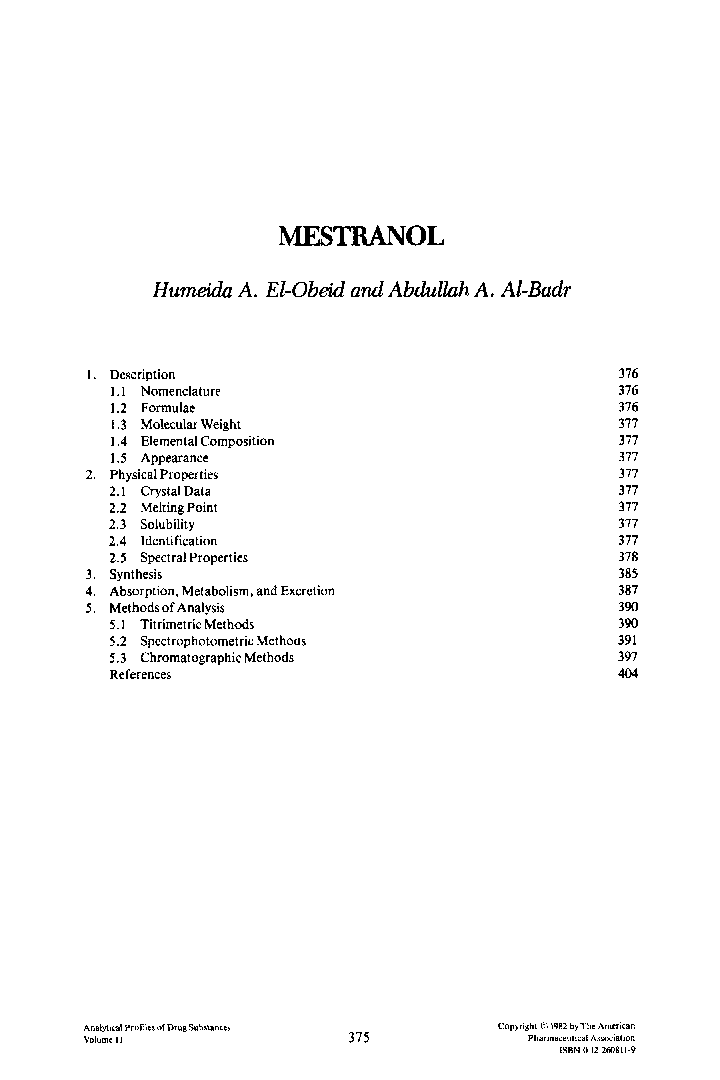| Article ID | Journal | Published Year | Pages | File Type |
|---|---|---|---|---|
| 5355160 | Applied Surface Science | 2015 | 32 Pages |
Abstract
Although laser cladding process has been widely used to improve the wear and corrosion resistance, there are unwanted cracking issues during and/or after laser cladding. This study investigates the tendency of Co-based WCÂ +Â NiCr composite layers to cracking during the laser cladding process. Residual stress distributions of the specimen are measured using neutron diffraction and elucidate the correlation between the residual stress and the cracking in three types of cylindrical specimens; (i) no cladding substrate only, (ii) cladding with 100% stellite#6, and (iii) cladding with 55% stellite#6 and 45% technolase40s. The microstructure of the clad layer was composed of Co-based dendrite and brittle eutectic phases at the dendritic boundaries. And WC particles were distributed on the matrix forming intermediate composition region by partial melting of the surface of particles. The overlaid specimen exhibited tensile residual stress, which was accumulated through the beads due to contraction of the coating layer generated by rapid solidification, while the non-clad specimen showed compressive. Also, the specimen overlaid with 55Â wt% stellite#6 and 45Â wt% technolase40s showed a tensile stress higher than the specimen overlaid with 100% stellite#6 possibly, due to the difference between thermal expansion coefficients of the matrix and WC particles. Such tensile stresses can be potential driving force to provide an easy crack path ways for large brittle fractures combined with the crack initiation sites such as the fractured WC particles, pores and solidification cracks. WC particles directly caused clad cracks by particle fracture under the tensile stress. The pores and solidification cracks also affected as initiation sites and provided an easy crack path ways for large brittle fractures.
Related Topics
Physical Sciences and Engineering
Chemistry
Physical and Theoretical Chemistry
Authors
Changmin Lee, Hyungkwon Park, Jaehong Yoo, Changhee Lee, WanChuck Woo, Sunhong Park,
